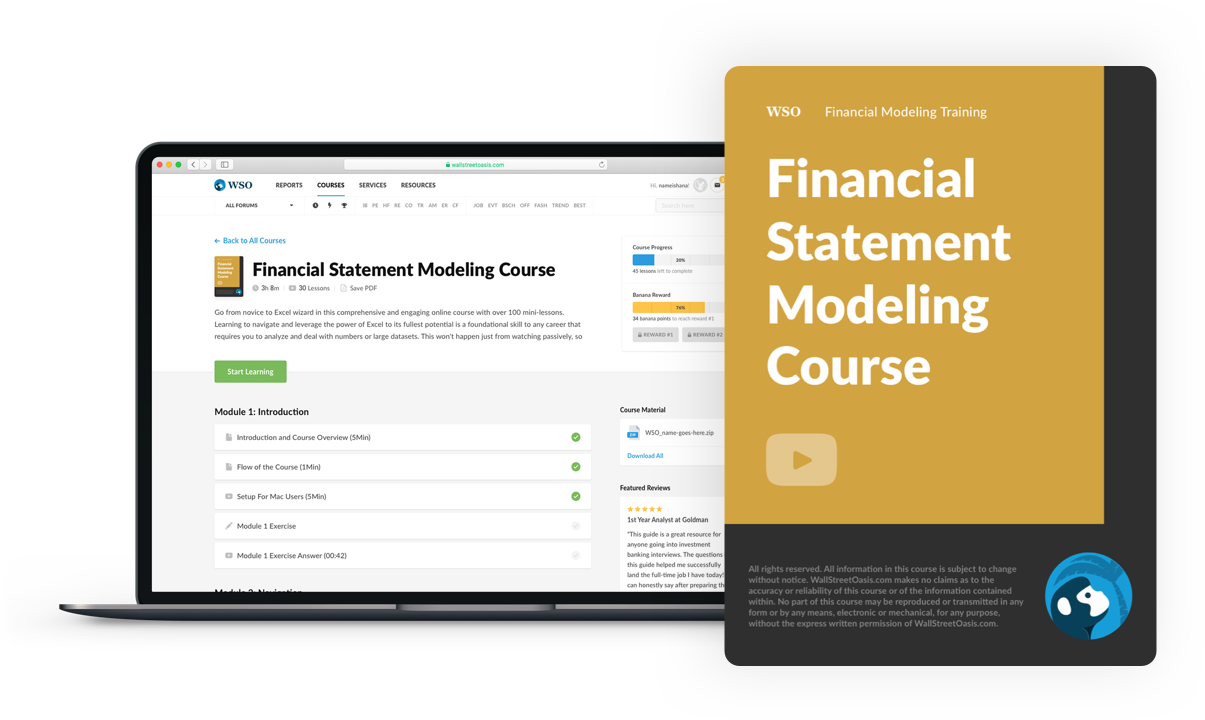Financial Literacy
It is the ability to manage and invest money in the long term in different ways.
What is Financial Literacy?
Financial literacy is defined as knowledge of how money works. It is the ability to manage and invest money in the long term in different ways.
Money impacts our lives to the point that it is impossible to live without it. This being an essential part of our lives, we should try to learn how to manage and master our finances so that we can control its influence on our lives.
We see the importance of financial literacy when we need to do our taxes, choose a suitable investment option, or find ways to reduce expenses. A financially literate individual is also better equipped to avoid fraudulent practices.
Through this article, we would like to educate you about financial knowledge and why the youth must learn it. This will help them avoid financial blunders that will save them a lot of money and allow them to have an improved relationship with money.
Key Takeaways
- Financial literacy is the ability to manage and invest money.
- People who are informed and literate will make better investment decisions and will be less likely to fall victim to fraudulent practices or online scammers.
Contents of Financial Literacy
Financial literacy consists of many key components. Knowing these is crucial to becoming financially knowledgeable. The following are key components of financial literacy:
- Income
- Saving
- Investing
- Expenditure
- Budgeting
- Borrowing
- Taxation
- Personal Finance
Income
It is the money you earn through work. You could have multiple sources of income. It could be through a job or business, but most importantly, it should be consistent and predictable.
Saving
It will be your emergency support in case your main source of income stops, or it will help you to come out of any financial trouble if you have appropriate savings. Having saved money will also give you interest periodically, which will increase your savings over time.
Investing
The word invest means to bring value to anything; it could be personal or monetary, but for now, we will discuss the monetary aspect of investments.
In simple terms, investing means purchasing something and selling it for a value higher than before. This is called profit, and this is what all investors are keen to maximize.
Types of Investments include:
- Stocks
- Mutual funds
- Real Estate
- Commodities
Expenditure
They are considered as spending made against services used. They are made to make our lives easier, comfortable, and safe. They cannot be stopped. There will always be expenditures, even if there is no income.
For example, if you earn an X figure a month, then your expenditures will be the areas where you give money for the exchange of services. They can be classified into two types: capital and revenue expenses.
- Capital expenses are when we purchase any asset like a car, home, television, refrigerator, heater, dishwasher, etc.; they are incurred occasionally. Such expenses are made after thoughtful consideration.
- Revenue expenses are made to meet the daily needs of livelihood. It can be toilet paper, fruits, vegetables, dishwashers, soaps, shampoo, etc. They aren't purchased with thoughtful consideration as these expenses are made frequently.
Budgeting
Budgeting is a plan you make before making any major financial decisions, but it can also be made to keep a check on your daily spending. It involves deciding on a fixed amount and not exceeding the limit.
A budget helps you to channel your income habits in the long run and saves you from reckless spending.
Borrowing
It is an act of taking money from financial institutions or friends to meet a short-term financial crunch. They are meant to be returned with additional interest.
Borrowing can be divided into two parts: formal and informal. Formal borrowing consists of all financial institutions. You have to repay them with interest. Informal borrowing includes friends or family; paying interest may not be necessary.
Taxation
It is an obligation imposed on citizens to pay a fixed amount to the government for the country's welfare. Taxation can be divided into two parts: direct and indirect.
Direct taxation is when tax is imposed on citizens, and they cannot transfer this obligation. Indirect taxation is when it is imposed on goods & services and can be transferred.
Personal Finance
Personal finance involves managing the financial condition of oneself. This can be related to planning for marriage, studying abroad, or wealth multiplication.
Why Does Financial Literacy Matter?
Knowing how money works has become important as it helps us to understand our relationship with money. It also helps us to build a healthy relationship with money.
Better Financial Planning
If you are aware of the available financial resources, you will have an added advantage over other people. It will help you to plan your finances.
In other words, you can estimate the money required to buy certain things or plan to live a particular lifestyle. It demands you to live in a certain way to achieve your financial goals.
Helps in Identifying frauds
"It takes considerable knowledge just to realize the extent of your own ignorance."
There are multiple ways in which scams or fraud can be committed. Therefore, this makes financial literacy the need of the hour.
Frauds are increasing day-to-day, and fraudsters, too, are getting smarter. To control this, we need to educate ourselves to safeguard ourselves from rising scams.
Spreading Awareness
If at least one of the family members is financially aware, then they will help them invest and plan wisely. They will spread knowledge among their peers and colleagues, and this will educate them.
Identifying genuine deals
Nowadays, because of the internet, all information is available at your fingertips, including wrong information. After getting some profit in stocks, many people think they are geniuses, and they will make content about it that will reach the youth.
This content has no guarantee of victory; it is just a mere assumption made by random speculations by some content creators. Some financial influencers tend to have more credibility than character financial accountants.
Benefits of Financial Literacy
Education is the most powerful weapon to change the world. Therefore, financial education can bring a lot of stability to a person's life if they understand money.
- Improves credit rating: Being financially literate helps you to use debt for your convenience. You can manage debt much better than others, thereby increasing your credit score.
- Better money allocation: All financially wise people divide their money in a certain ratio. That ratio is the 50/30/20 rule, where 50 percent of your income will be used for living expenses. The remaining 30 percent will be used for investing, and 20 percent will be saved. This is not a stringent ratio, but you can categorize your income around this.
- Better financial planning: Once you know how money works, you can manage it better. It is a continuous process that will help you achieve your long-term and short-term goals. A financial plan is like having a clear roadmap of how things will be ahead; it will give you direction for your financial actions in the coming future.
- Reduced financial tension: Every one of us, at some point or the other, has faced financial crises; if not then you're blessed! But those who have been in this situation will understand what it feels like not having adequate money to meet your needs. Therefore, to avoid repeating that situation, we make a plan and stick to it. If we do not plan our spending, we might face financial problems in the future.
- Compounding effect: If you invest early, you can get better returns on your investments. Compounding is the process of increasing the amount in a particular quarter or year. It is also called a miracle effect because when there is compounding, it does feel like a miracle. The value of your assets increases with time because of the increase in interest and principal.
- Increases saving: Most people do not understand the importance of savings until there are financial adversities. Savings are your unused or untouched income.
Strategies to Improve Financial Literacy Skills
Financial literacy is among those subjects that schools don't teach. Therefore, parents have a responsibility to teach their kids about money. Here are a few techniques through which you can improve your and someone else's relationship with money:
- Reading books: Books are the best source of knowledge about anything in the world, as they are elaborate and cover a wide variety of topics. This will also inculcate a reading habit. There are various books like
- Habit of recording expenses: Kids, when they receive monthly pocket money, should also be encouraged to record payments they made. If possible, they should also be asked to save from their monthly allowance, giving them an idea of savings.
- Money discussions: Parents should dedicate time wherein they talk about money; the conversation could include monthly savings, future plans, investing, EMIs, and how money lending happens.
- Stories: Storytelling is the best medium to transfer ideas or visions, telling them stories of how people used money to improve their lives. Parents should not hesitate to share their experiences with money.
- Social media: The Internet is accessible to almost all parts of the world; thus, people should consume personal finance-related content, which is a better alternative to watching web series. Joining relevant finance groups can also be helpful. Websites where you can enroll in a course and talk with like-minded people.
- Buying: Self-accomplishment is the best feeling that anyone can have. Thus, the next time you buy a gift for your kids, make sure you give them the savings they have made. In this way, they will learn to value money, understand the application of savings, and be satisfied with buying with their own money.
- Budget: Teach them how to manage money and divide their monthly amount into ratios of spending, saving, and dedicated savings pools.
Conclusion
Financial literacy is the ability to manage and invest money in different ways to control its influence on our lives. It involves knowledge of how money works, including income, saving, investing, expenditure, budgeting, borrowing, taxation, and more. It helps people to avoid financial blunders.
We have discussed various aspects of personal finance like income, savings, investments, expenditures, budgeting, borrowing, taxation, and strategies to improve financial literacy.
Let’s Recap!
- What are the main components of income?
- Income sources can include employment, business, investment returns, etc. which should be consistent and predictable.
- What are the main types of investments?
- The main types of investments are stocks, mutual funds, real estate, and commodities.
- According to the context, how can expenditures be classified?
- Expenditures can be classified into capital expenses and revenue expenses. Capital expenses are for assets, and revenue expenses are for daily needs.
- What ratio is suggested for optimal money allocation?
- The context suggests allocating income in a 50/30/20 ratio where 50% is for needs, 30% for wants, and 20% is for savings.
- What strategies are provided to improve financial literacy?
- Some strategies mentioned are reading books, recording expenses, having money discussions, storytelling, etc.

Everything You Need To Master Financial Statement Modeling
To Help You Thrive in the Most Prestigious Jobs on Wall Street.



or Want to Sign up with your social account?